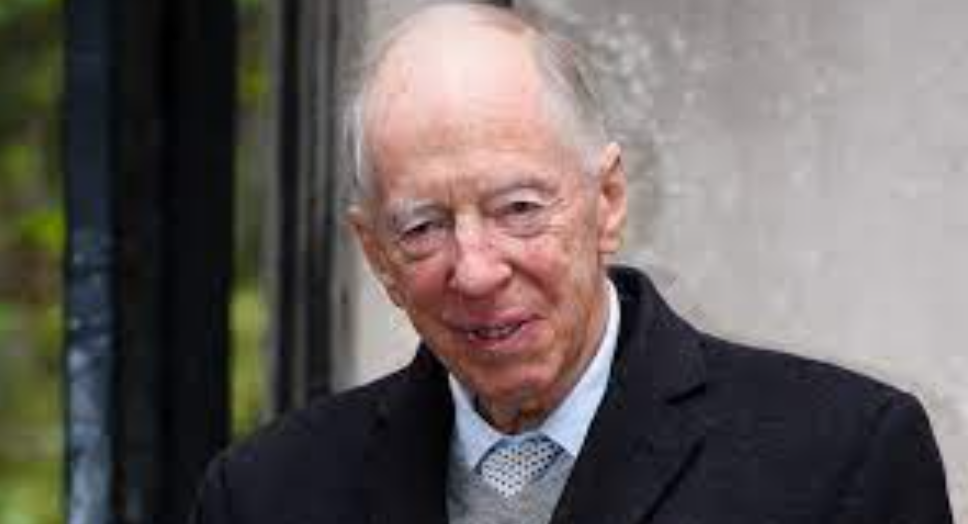Jacob Rothschild, a towering figure in the world of finance, patron of the arts, and committed philanthropist, passed away at the age of 87. The announcement of his death was made by the Rothschild Foundation, a British charity of which he served as chairman. While details surrounding his passing were not immediately disclosed, Rothschild leaves behind a legacy marked by his profound impact on finance, culture, and charitable endeavors.
Descended from Mayer Amschel Rothschild, a prominent coin trader in Frankfurt during the late 18th and early 19th centuries, Jacob Rothschild emerged as a key figure in the renowned Rothschild banking dynasty. For most of the 19th century, the House of Rothschild stood as the preeminent banking institution globally, amassing immense wealth and influence through strategic financial endeavors.
Rothschild’s journey into the family business began in 1963 when he joined the London branch of N.M. Rothschild & Sons bank. Educated at Eton College and Christ Church, Oxford, Rothschild brought a wealth of knowledge and a keen business acumen to the family enterprise. However, his vision for the future of the bank collided with traditional family values, particularly regarding control and expansion.
In 1980, after encountering resistance to his proposals for merging the family bank with S.G. Warburg, Rothschild made the bold decision to break away and establish his own entity, J. Rothschild & Company. This move marked a significant departure from tradition, signaling Rothschild’s commitment to innovation and adaptation in the ever-evolving landscape of high finance.
Throughout his illustrious career, Rothschild’s influence extended far beyond the realm of banking. He was deeply engaged in various business ventures, including co-founding the J. Rothschild Assurance Group and founding investment trust RIT Capital Partners. His endeavors spanned industries, from hedge funds to clean technology startups, showcasing his diverse interests and entrepreneurial spirit.
Beyond his achievements in finance, Rothschild was a dedicated patron of the arts and culture. He served as trustee of Britain’s National Gallery and played a pivotal role in supporting various cultural institutions and initiatives. His contributions to the restoration of Waddesdon Manor and the regeneration of Somerset House underscored his commitment to preserving heritage and fostering artistic excellence.
Rothschild’s philanthropic legacy extended to Israel, where he oversaw his family’s charitable activities as head of the Yad Hanadiv foundation. Quietly sponsoring major projects, including the construction of Israel’s Parliament and Supreme Court, Rothschild’s impact on the nation’s cultural and civic landscape was profound.
Despite his standing among the global elite, Rothschild remained critical of certain practices within the financial industry. He advocated for greater accountability and responsibility among his peers, acknowledging the detrimental effects of unchecked greed and excess.
In paying tribute to Jacob Rothschild, we honor not only a visionary financier and philanthropist but also a champion of culture, heritage, and social progress. His legacy will endure through the countless lives he touched and the enduring impact of his contributions to society.
